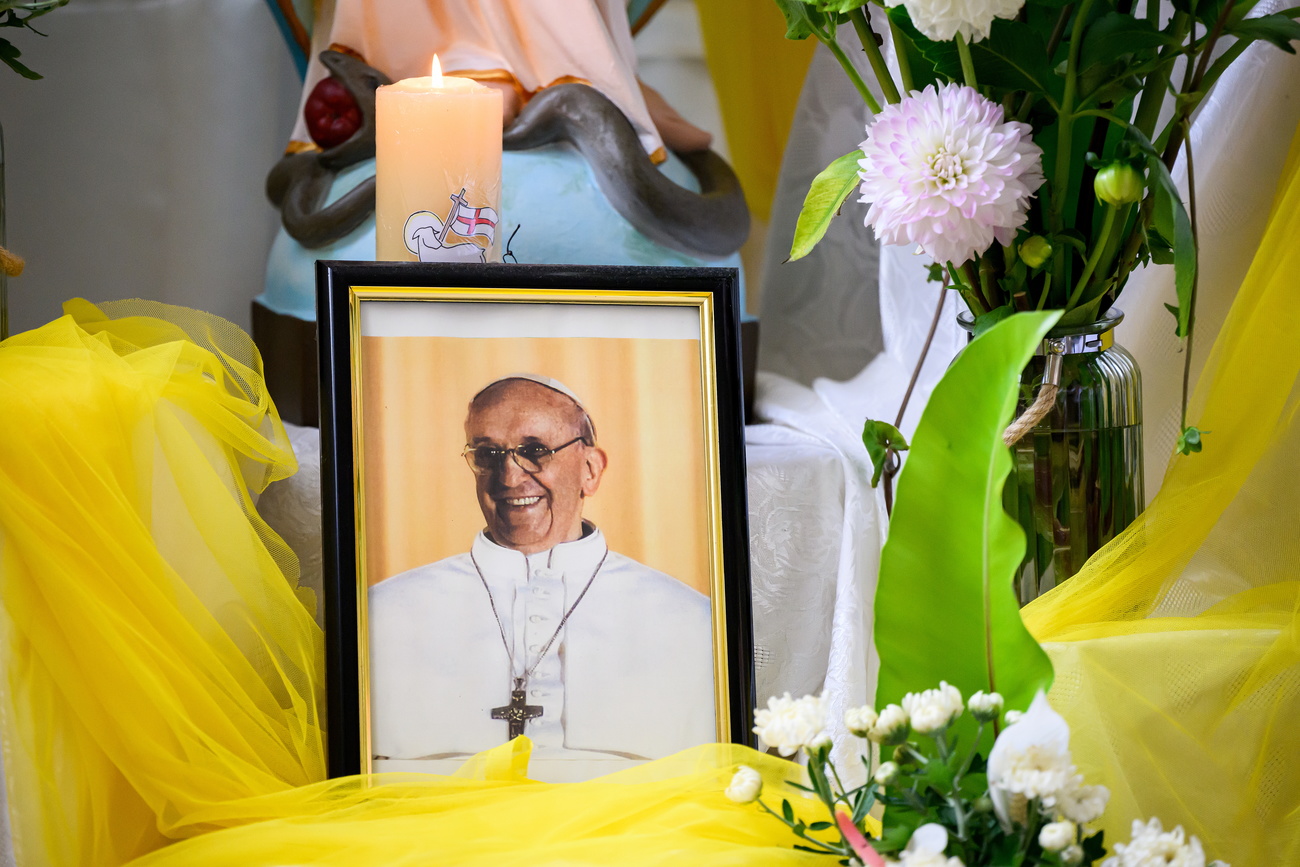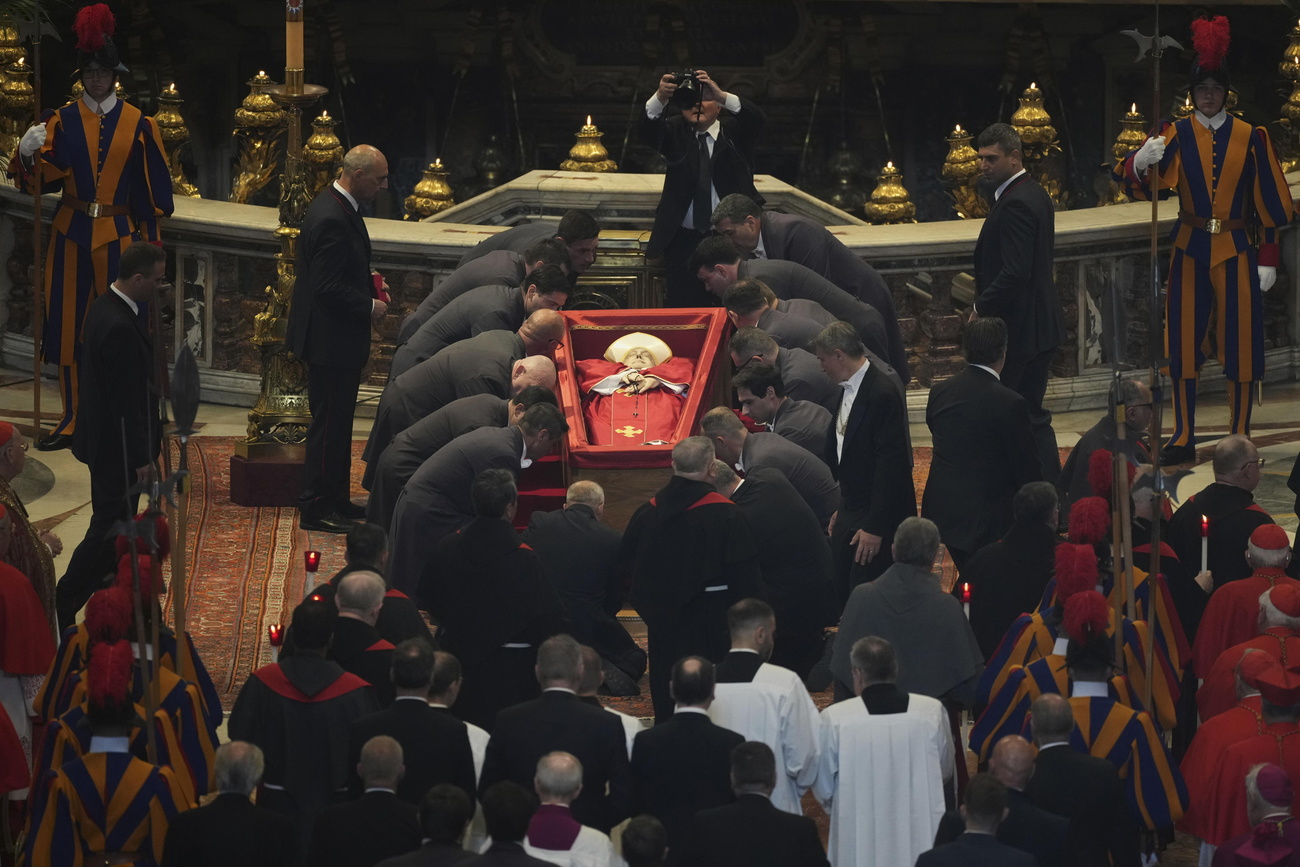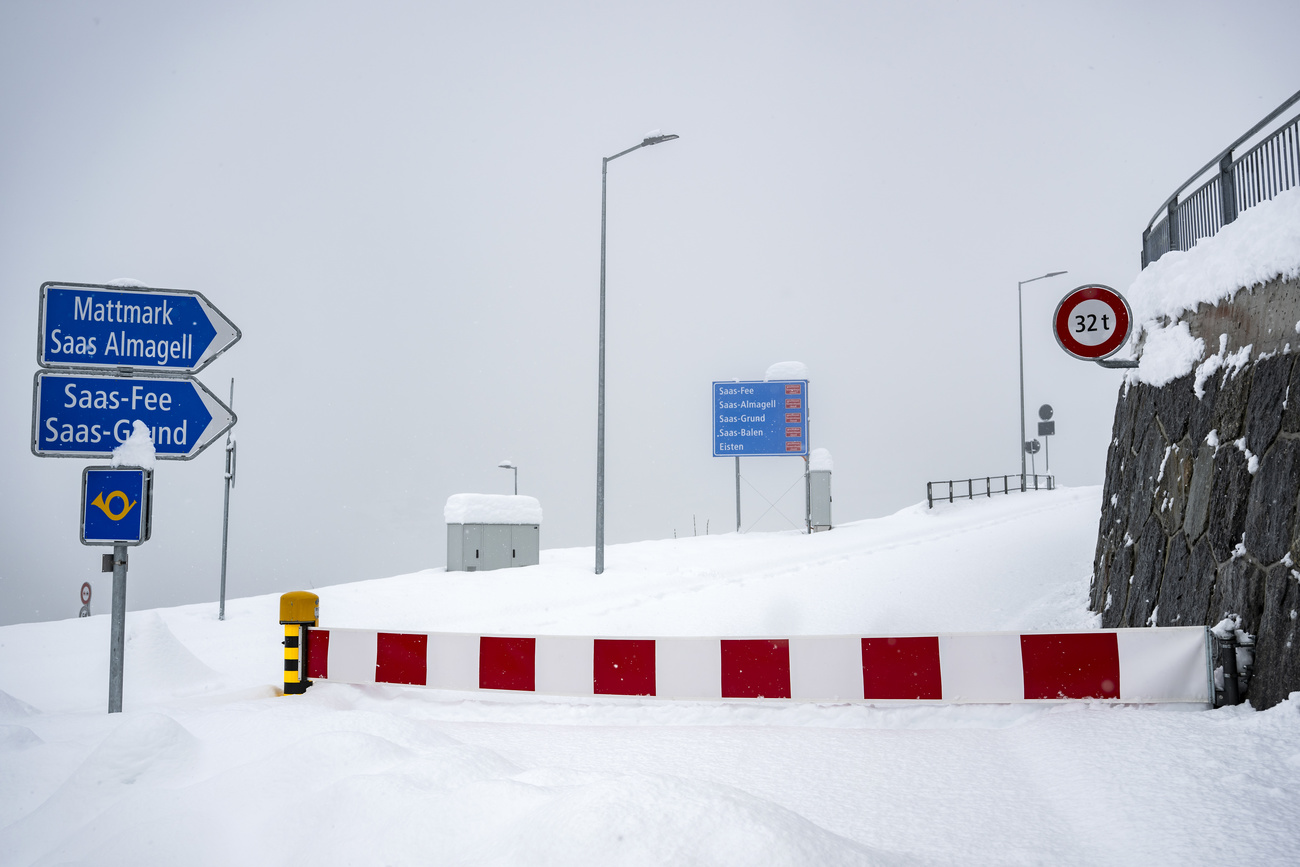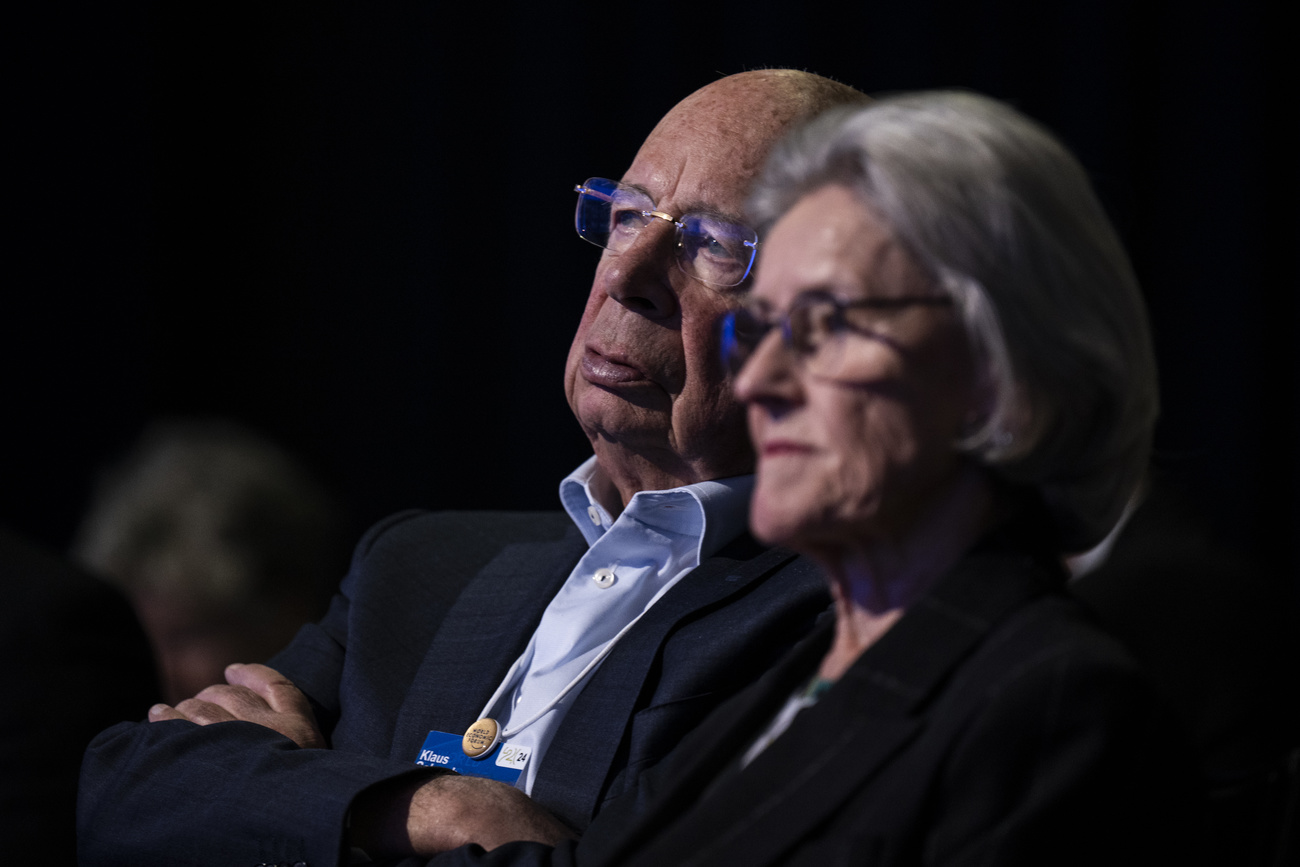

The Week in Switzerland
Dear Swiss Abroad,
Welcome to our selection of the most important – and most interesting – stories from Switzerland from last week.
The death of Pope Francis on Easter Monday dominated the news headlines during this four-day working week.
And in canton Valais, emergency communications failed after the heavy snowfall over the Easter weekend. Politicians are now asking questions.
Best wishes from Bern

Catholics around the world are mourning the death of Pope Francis. The Argentina-born pontiff died on Easter Monday at the age of 88 following a stroke. There was also great sympathy in Switzerland – and a Swiss cardinal is playing a central role in the election of his successor.
In around two weeks’ time, a new pope will be elected for the approximately 1.4 billion Catholics in the conclave in Rome. All the world’s cardinals have been called to make their way to Rome as quickly as possible.
According to the CH Media group, most of the attending cardinals are long-serving and also “papabili”, i.e. favourites to be elected. The Swiss cardinal Kurt Koch, a so-called “grand elector”, is expected to wield considerable influence.
As is tradition, the election takes place behind closed doors. Until then, the utmost secrecy prevails. Only the white smoke from the Sistine Chapel chimney will announce Habemus papam (we have a pope) to the world. Will the new pontiff succeed in guiding the Church, recently shaken by abuse scandals and declining membership, into calmer waters?

Does the name Polycom mean anything to you? This digital communication system is designed for use by the Swiss authorities during crises when regular networks fail. But Polycom broke down during the heavy snowfall in canton Valais over Easter.
On Maundy Thursday, life ground to a halt in parts of Valais. Roads to Saas Fee and Zermatt were blocked, and trees knocked down power lines. Residents and visitors were left without electricity for several days.
Thankfully, Switzerland has Polycom – or so it was thought. But according to the Tages-Anzeiger, the system also failed for an entire day. “The reason was a chain of unfortunate circumstances,” the report notes.
Polycom is meant to withstand power cuts of up to 72 hours. Now, questions are being asked beyond Valais like why have the federal government and cantons spent over a billion francs on a crisis communication system that doesn’t work in a crisis? The Swiss federal government is expected to provide answers in the upcoming parliamentary session.

Klaus Schwab remained in the headlines all week – first for resigning as Chair of the World Economic Forum (WEF), then due to corruption allegations, and now an investigation by the Swiss Federal Supervisory Authority for Foundations (ESA).
The WEF is famous for bringing together the world’s political and business elite in Davos each January with the stated goal of “improving the state of the world”. However, criticism has mounted since last summer, when WEF leadership faced accusations of sexism and racism.
This week brought fresh developments: after Schwab’s resignation on Easter Monday, new claims emerged the next day alleging he and his wife Hilde, WEF co-founder, misused Forum funds for personal purposes. Schwab has filed a criminal complaint against the whistleblowers.
The Tages-Anzeiger reports that the ESA has already initiated investigative steps – as WEF is structured as a charitable foundation. If the allegations are proven true, “all the negative clichés about the global elite who meet in Davos will be confirmed,” writes Swiss public broadcaster, SRF.

Carrot and stick – that’s how the US is now handling global tariff relations. Following the threat of steep import tariffs, Switzerland appears to be among a group of 15 countries the Trump administration wants to prioritise for negotiation. How did this come about?
The Neue Zürcher Zeitung (NZZ) dubbed it “Mission duty-free”, with headlines like “An all-star team led by Karin Keller-Sutter heads to Washington to avert sanctions on Switzerland.”
Finance Minister Karin Keller-Sutter, who holds the rotating Swiss presidency this year, and Economics Minister Guy Parmelin travelled to the US at the end of this week in an attempt to reduce the American government’s tariff hammer against Switzerland.
The threatened tariff of 31% on imports from Switzerland should be cancelled or at least reduced, according to the aim. Though the trip was officially for the IMF and World Bank spring meetings, both ministers also met high-level US officials, including Treasury Secretary Scott Bessent.
“The US wants a solution with Switzerland,” Keller-Sutter told Swiss public radio SRF. The next step is drafting a memorandum of understanding, which will then pave the way for formal negotiations. “The US authorities have expressed a clear desire to find a solution with Switzerland.”

The week ahead
On Monday at 6pm, Zurich will celebrate its traditional spring festival Sechseläuten. After a colourful parade of guild members, musicians and horses, the climax is the burning of the Böögg – a snowman effigy. The faster his head explodes, the warmer the summer is expected to be, according to local lore.
Later in the week, several heavyweights of the Swiss economy – including UBS, Swiss International Air Lines, Novartis and lift manufacturer Schindler will present their first quarter results.
And on Thursday, the municipality of Tiefencastel will host an information evening for the evacuated residents of Brienz/Brinzauls. This Graubünden village was evacuated again in November 2024 due to the risk of landslides and debris flows. Since Easter, residents have been allowed to return on weekends, from Friday to Sunday.
Translated from German using DeepL/amva

In compliance with the JTI standards
More: SWI swissinfo.ch certified by the Journalism Trust Initiative




























